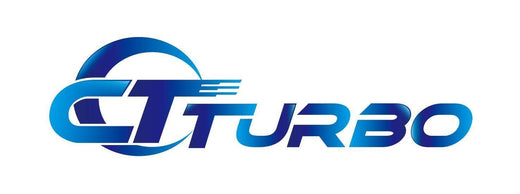
Each turbocharger is designed to rotate at the correct speed for its specific application, ensuring optimal performance and longevity. Overspeeding occurs when the turbocharger spins beyond its designed operational limits, leading to severe damage.
Here’s what can happen when a turbocharger overspeeds:
- Turbine and Compressor Wheel Damage: Excessive speed can cause the turbine and compressor wheels to experience extreme centrifugal forces, potentially leading to cracks, warping, or even wheel disintegration.
- Bearing Wear and Failure: Overspeeding increases friction and heat within the bearing system, causing accelerated wear and potential bearing failure.
- Orange Peel Effect: Overspeeding may cause the backface of the compressor wheel to exhibit an "orange peel" texture due to excessive heat and stress.
- Chipped Turbine Wheel: High rotational speeds can lead to impact damage and chipping on the turbine wheel, compromising its efficiency and integrity.
- Engine Issues: A restriction in the air intake pipework or worn injectors can lead to unbalanced air and fuel mixture, forcing the turbo to overwork and overspeed.
- Engine Malfunction: Engine problems, such as misfires or malfunctions, can cause erratic turbo behavior and overspeeding.
Preventing turbocharger overspeeding requires maintaining a clear air intake system, regularly checking and servicing injectors, and addressing any engine malfunctions promptly. This helps protect the turbocharger from overspeeding-related failures and extends its lifespan.
